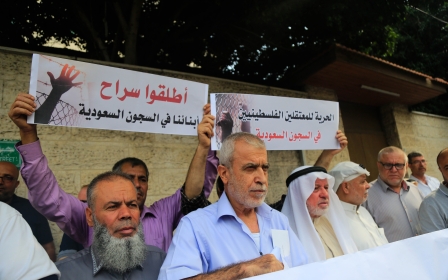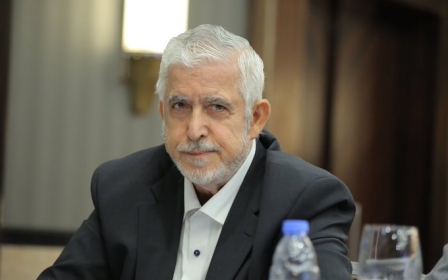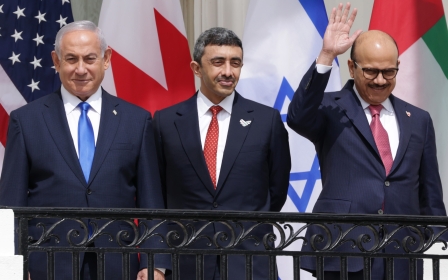Saudi trial resumes for Palestinian Hamas members detained by kingdom
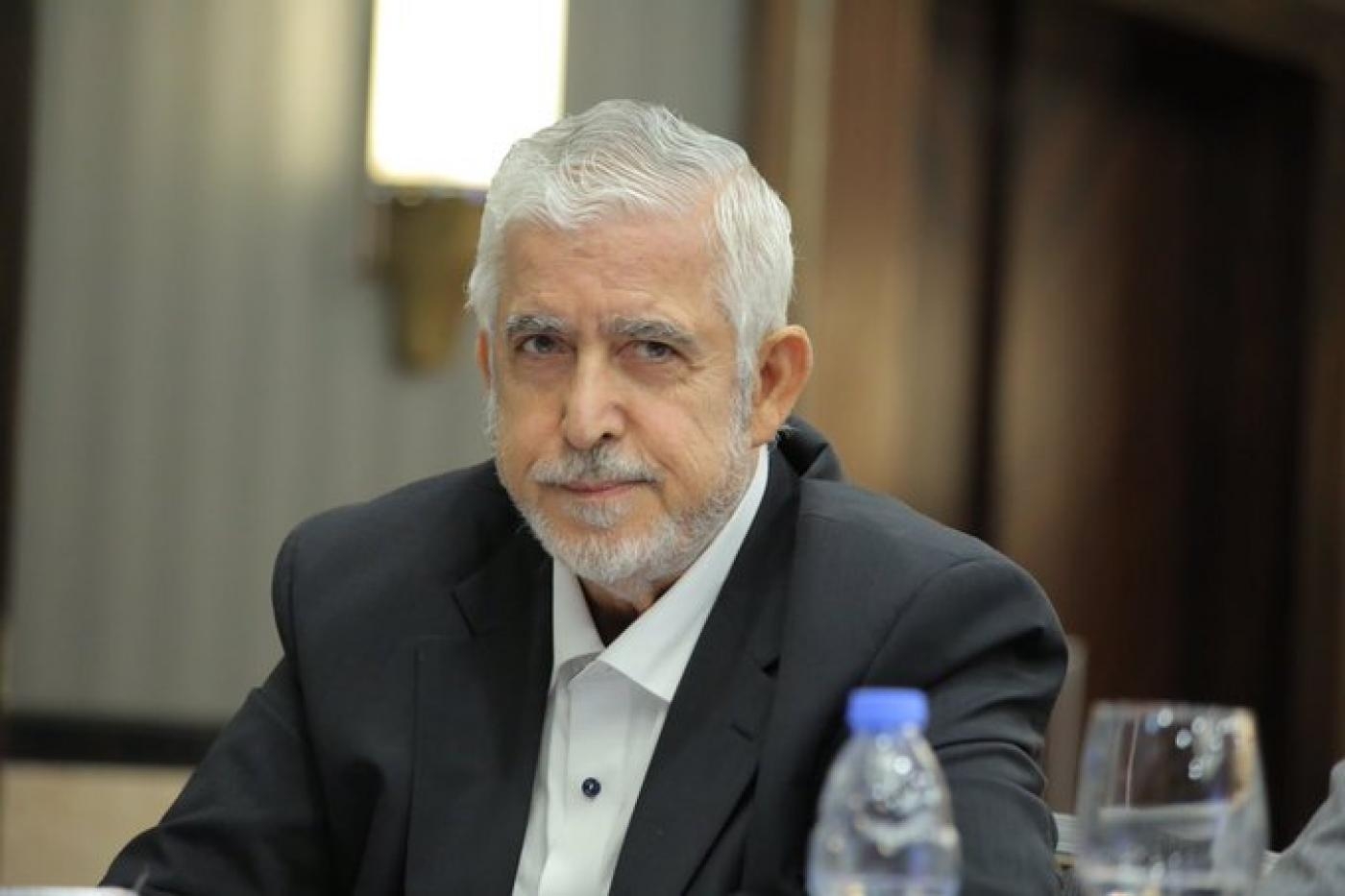
Rights groups continue to raise the alarm regarding the fate of dozens of Palestinians detained in Saudi Arabia, as prisoners face a mass trial this week due to their ties to the Hamas movement.
Meanwhile, sources in the besieged Gaza Strip told Middle East Eye they believed the crackdown was linked to warming ties between Israel and Riyadh, and was expanding to target all politically active Palestinians in the kingdom.
Amnesty International warned on Sunday that a group of 68 Palestinians was facing a second trial session in front of Saudi Arabia’s Specialised Criminal Court. The charges levied against them have not been made public.
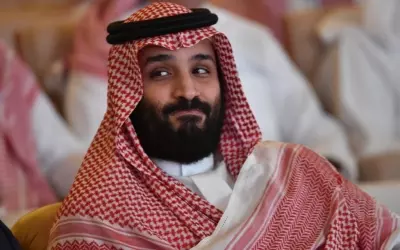
Among those on trial are 82-year-old Mohammed Saleh al-Khoudary - a veteran Hamas leader who had been responsible for managing the relationship with Saudi Arabia for two decades - and his son Hani.
Khoudary had long had a relationship with the Saudi royal family and security agencies and was the conduit for their indirect talks with Hamas, before being detained in April 2019.
Amnesty said that the Khoudarys had not been not allowed to access a lawyer while in detention, and called on Saudi King Salman to release the Hamas middleman.
“They were subjected to gross violations of their human rights, including enforced disappearance, arbitrary arrest and incommunicado detention, and the two men have not had any legal representation since their arrest,” Amnesty International said.
Saudi Arabia has arrested dozens of Palestinians since February 2019, including businesspeople, academics and students. The Geneva-based Euro-Mediterranean Human Rights Monitor has reported that some 60 Palestinians have been detained by Saudi Arabia since then, while others estimate that the number is much higher.
'At first, they arrested Hamas members, but now they are arresting any Palestinian no matter his political affiliation if they are active for Palestine inside the kingdom'
- Motasem Dalloul, Gaza
An official Hamas source told Middle East Eye earlier this year that the majority of the detainees were Hamas members who had resided in the Gulf country for decades, accusing Saudi Arabia of “targeting everyone who is linked with resistance” against the Israeli occupation.
Motasem Dalloul, a Gaza-based journalist specialising in Palestinian-Saudi relations, told MEE that neither Hamas nor the families of the detained had received proper information on the fate of those imprisoned.
“These detentions are the result of Saudi Arabia cosying up with Israel,” Dalloul said. “At first, they arrested Hamas members, but now they are arresting any Palestinian no matter his political affiliation if they are active for Palestine inside the kingdom.
“At first, it was a war on Hamas, now it’s a war on Hamas and Fatah, which had enjoyed a good relationship with Saudi Arabia for years,” he added.
Kingdom turns screws on Hamas
Dalloul said that Khoudary has ceased to be the official representative of Hamas in 2011, amid a tightening of Saudi regulations regarding the collection of donations for Palestine that started since the beginning of the Second Intifada, following US accusations that some such donations were tantamount to “funding terrorism”.
“The suffocating of financial resources such as donations, started almost 20 years ago,” the journalist said. “After the 2011 (Arab Spring) revolts, it became impossible to collect donations for Palestine in Saudi Arabia'
Hamas was established in 1987 and is generally viewed in the Arab world as a legitimate resistance movement against Israel’s occupation of Palestinians lands - although Israel and the United States consider it a terrorist group.
A number of its founders and close associates have lived in the Gulf kingdom where large donation campaigns were launched for the movement, some with official Saudi blessings.
But the kingdom's relationship with the Gaza-based faction appears to have soured since the election of US President Donald Trump, a staunch supporter of Israel, and the emergence of Mohammed bin Salman as Saudi Arabia's crown prince.
“What is happening now was years in the making, and of course, there are other Gulf states in which it became almost impossible to raise donations for Palestine," Dalloul added.
In September 2019, Hamas called on King Salman to release Khoudary based on humanitarian grounds, referring to his deteriorating health in prison due to old age and cancer.
Amnesty International has also warned that Khoudary is at high risk of contracting the novel coronavirus while in the prison, as are other detained Palestinians.
Middle East Eye delivers independent and unrivalled coverage and analysis of the Middle East, North Africa and beyond. To learn more about republishing this content and the associated fees, please fill out this form. More about MEE can be found here.


